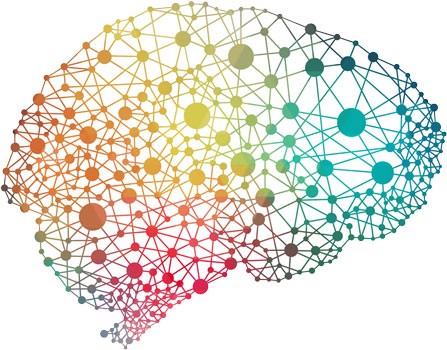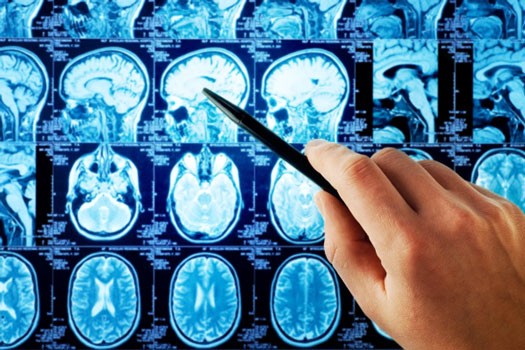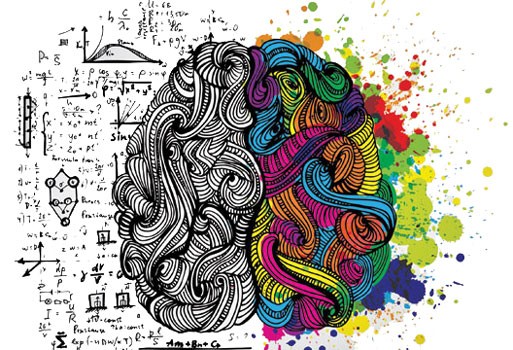Why

Understanding the brain holds tremendous potential to transform human health and society. In the foreseeable future, millions of lives will be saved or improved with new treatments for disorders like Alzheimer’s and Parkinson’s diseases. Insights into the brain and its links to behavior will lead to innovation and advances in countless disciplines, from economics and philosophy to artificial intelligence and social policy.
How do we think, feel, and move, sense our surroundings, control our emotions, and make difficult decisions? Columbians are answering these and other vital questions through interdisciplinary collaborations that bring together extraordinary scientists, scholars, and clinicians, building the future of neuroscience.
The Challenge

The human brain is the most complex object in the known universe, with 100 billion neurons, each connected in turn to 10,000 other neurons - resulting in trillions of connections. Only in the last 30 years have we achieved the technological capacity to map this intricate web, gaining new insight into the brain’s architecture and mechanics. We need to draw on an understanding of all forms of human knowledge and activity to unlock the complexity of brain and mind. Conveying clear understanding to our students as future leaders in all fields and to the broader public is an essential aspect of our mission.
Much remains to be discovered; treatments for brain-related disorders like autism, depression, and schizophrenia; how we learn and how we remember; what drives decision-making; the nature of perception and creativity; how we develop consciousness; how we connect these dimensions into a deeper understanding of what it means to be human.
The Columbia Commitment

No one discipline can encompass the immense complexity of the brain and mind. So Columbia is creating the most comprehensive brain science community in the world.
From the interdisciplinary Mortimer B. Zuckerman Mind Brain Behavior Institute to the Columbia University Medical Center, scientists and clinicians are using state-of-the-art imaging tools and computational power—all with the goal of revolutionizing our understanding of brain and mind and developing much-needed treatments for brain-related disorders. Together, students and faculty in the social sciences, humanities, arts, economics, law, and engineering are developing new insights into the nature of thinking, acting, and being.
The Future of Neuroscience commits to this comprehensive effort at Columbia, supporting the complex technologies and University-wide collaborations required to heal—and reveal—the human brain.
Learn more about our commitment to the Future of Neuroscience
Learn about our other Columbia Commitments
Make a gift to support the Columbia Global Centers
Related News from the Global Centers
Provost John H. Coatsworth has announced the fifth round of grants from the President’s Global Innovation Fund (PGIF) on June 1, 2017. 11 projects received awards this year after being selected by a review committee of senior faculty drawn from both the Morningside and medical campuses.
Hugh Herr is an Associate Professor of Media Arts and Sciences at the Massachusetts Institute of Technology (MIT). Herr heads the Biomechatronics research group at the MIT Media Lab, which is creating bionic limbs that emulate the function of natural limbs.
Columbia University President Lee C. Bollinger has announced plans to provide grants to faculty members to leverage and engage Columbia’s Global Center network.